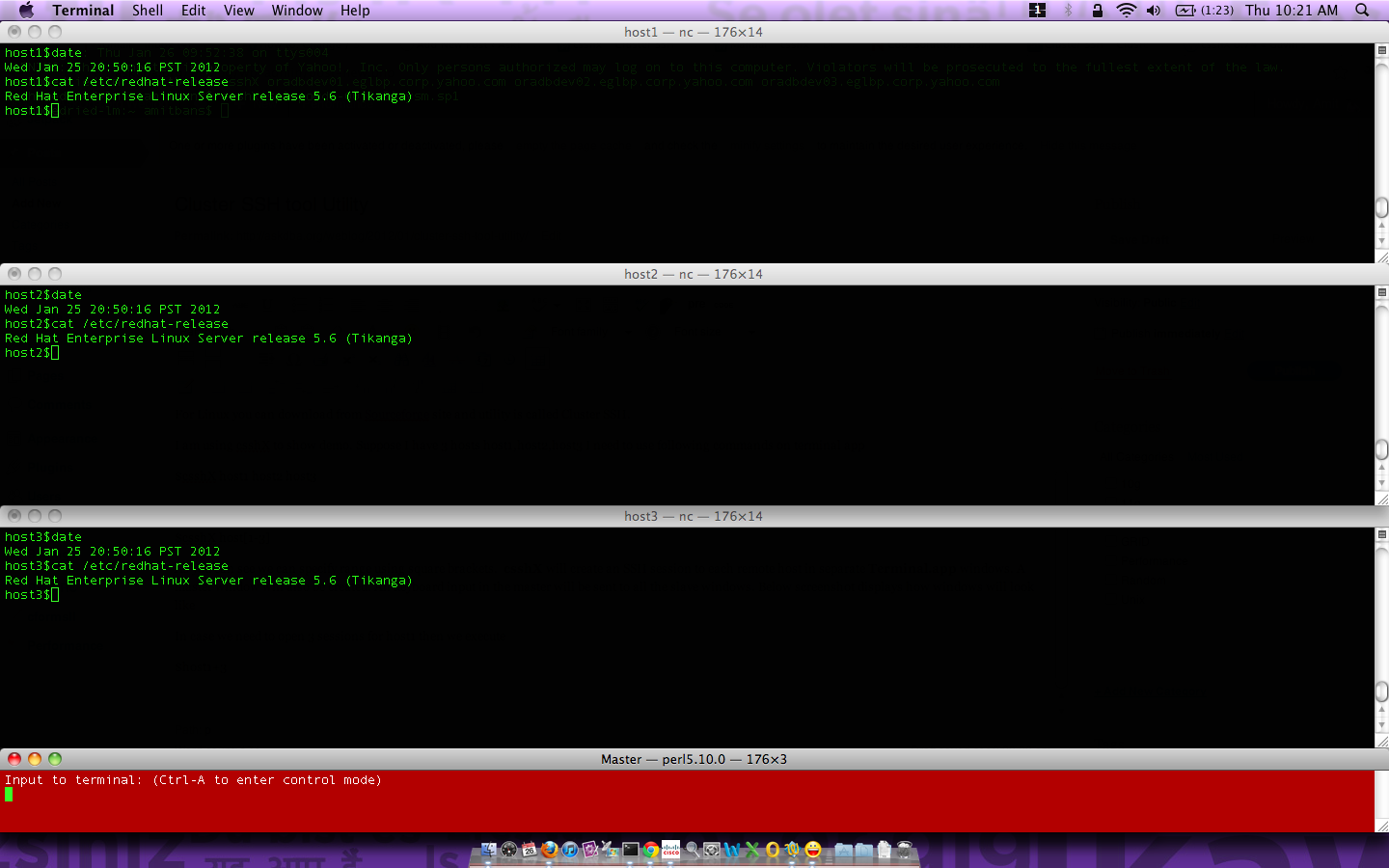This Post would describe how to install Oracle Management Agent 12c in silent mode. We need to download the agent software which can be done using emcli utility which is present on OMS host.Login to OMS host and execute emcli utility as mentioned below
[oracle@oradbdev04]~/Middleware/oms/bin% emcli login -username=sysman Enter password Login successful
We need to now syncronize EMCLI
[oracle@oradbdev04]~/Middleware/oms/bin% emcli sync Synchronized successfully
Following command gets list of agent software present on grid control
[oracle@oradbdev04]~/Middleware/oms/bin% emcli get_supported_platforms Getting list of platforms ... Check the logs at /home/oracle/Middleware/oms/bin/agent.log About to access self-update code path to retrieve the platforms list.. Getting Platforms list ... ----------------------------------------------- Version = 12.1.0.1.0 Platform = Linux x86-64 ----------------------------------------------- Platforms list displayed successfully.
Since this is a new Grid installation on Linux x86-64 we get only 1 agent software. If you need to install agent on different platform say Solaris, then you need to download software using self update option.
Note that you will have to pass your My oracle support credentials while configuring self-update.
Since our target host is also Linux x86-64 we can proceed. In below example we have specified that our 12.1.0.1.0 agent software should be placed in /tmp for Linux x86-64 platform
[oracle@oradbdev04]~/Middleware/oms/bin% ./emcli get_agentimage -destination=/tmp -platform="Linux x86-64" -version=12.1.0.1.0 Platform:Linux x86-64 Destination:/tmp === Partition Detail === Space free : 3 GB Space required : 1 GB Check the logs at /tmp/get_agentimage_2012-02-04_11-56-01-AM.log Setting property ORACLE_HOME to:/home/oracle/Middleware/oms calling pulloneoffs with arguments:/home/oracle/Middleware/oms/home/oracle/Middleware/oms/sysman/agent/12.1.0.1.0_AgentCore_226.zip12.1.0.1.0linux_x64 Check this logs for more information: /home/oracle/Middleware/oms/sysman/prov/agentpush/logs [oracle@oradbdev04]~/Middleware/oms/bin% ls -l /tmp/12.1.0.1.0_AgentCore_226.zip -rw-r----- 1 oracle dba 235679029 Feb 4 11:56 /tmp/12.1.0.1.0_AgentCore_226.zip
You should copy this file to the target host and unzip it.
To perform installation , we need to use agentDeploy.sh script. You can either use agent.rsp in unzipped directory or pass parameters at command line
AGENT_BASE_DIR ->Location where Agent software will be installed
OMS_HOST –>OMS host name
EM_UPLOAD_PORT –>Agent upload port. Script will try both http/https port.
AGENT_REGISTRATION_PASSWORD –>Password for secure registration with OMS
e.g
agentDeploy.sh AGENT_BASE_DIR=/home/oracle/agent12c OMS_HOST=oradbdev04 EM_UPLOAD_PORT=4900 AGENT_REGISTRATION_PASSWORD=oracle123
You will be prompted to run root.sh as below
-bash-3.2$ sudo /home/oracle/agent12c/core/12.1.0.1.0/root.sh Password: Finished product-specific root actions. /etc exist Creating /etc/oragchomelist file... Finished product-specific root actions.
Verify following commands are working properly
cd $AGENT_HOME/core/12.1.0.1.0/bin
./emctl status agent
./emctl upload agent
$ ./emctl upload agent Oracle Enterprise Manager 12c Cloud Control 12.1.0.1.0 Copyright (c) 1996, 2011 Oracle Corporation. All rights reserved. --------------------------------------------------------------- EMD upload completed successfully
Next step is to discover the targets. You can either manually add them or use automated discovery of new Oracle targets on machines which already have agent installed. Refer to EM12c:Automated discovery of Targets for automatic discovery and target configuration.


Recent Comments